The 20th Anniversary of April in Paris, the annual Festival of French and Francophone cinema at Cinestudio presents Vive le cinema! It’s a celebration of film masterpieces that have defined and shaped French and Francophone movies from the silent era to the movies by a diverse group of filmmakers from the past to today.
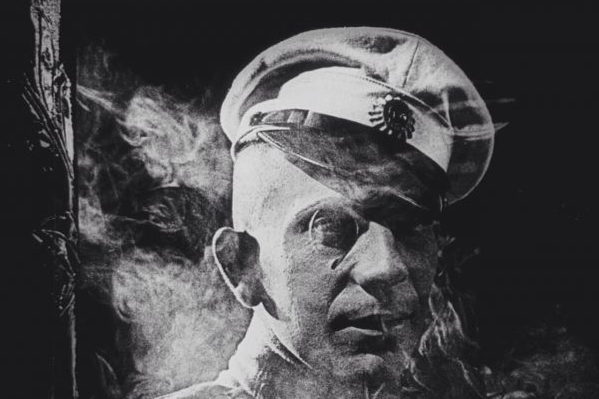
The 20th Anniversary of April in Paris, the annual Festival of French and Francophone cinema at Cinestudio presents Vive le cinema! It’s a celebration of film. Vive le cinema! opens with a classic silent film, with the much-anticipated musical accompaniment of pianist Patrick Miller from the Hartt School of Music.
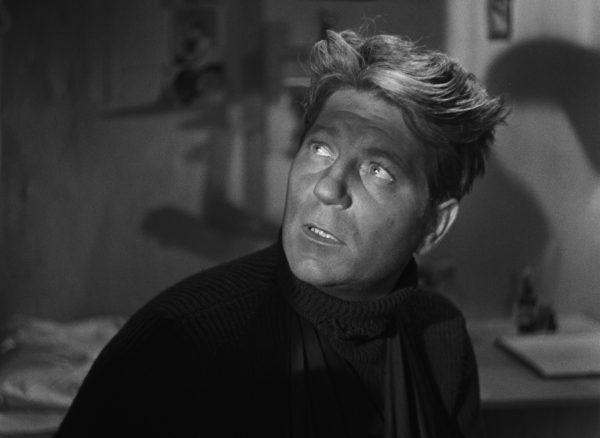
Don’t miss the chance to see France’s timeless anti-war masterpiece, in a 35mm film print, directed by Jean Renoir. Using World War I as a lens to condemn the rise of Nazism, it gives us two French prisoners of war (Gabin and Fresnay) who fight to hold on to their humanity while fighting for escape.
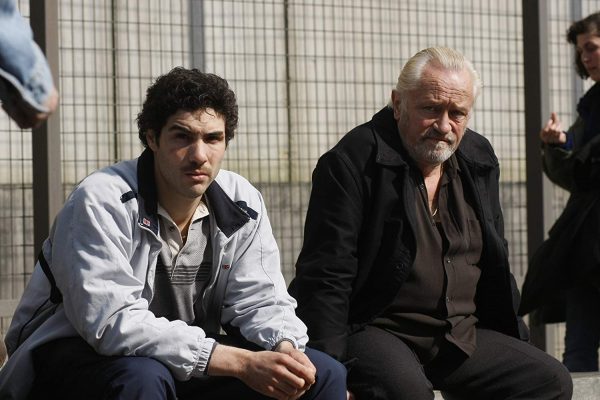
Tahar Rahim stars as an impoverished young Parisian of Arab descent is sent to prison for a minor crime. His education begins there: he learns to survive, betray, become radicalized – transformed into a man that Parisians, who once ignored and dismissed him, now have every reason to fear.

Among the many genres of outstanding French movies, from farce to drama to surrealism, documentaries are essential. Fatal Assistance joins epics like The Sorrow and the Pity with its insistence on revealing the difficult truth, in a way that galvanizes its audience towards change. Haiti’s former Minister of Culture, filmmaker Peck (Lumumba, I Am Not Your Negro) tours his country three years after its devastating earthquake, to investigate the help – or lack of help – provided by international aid agencies.
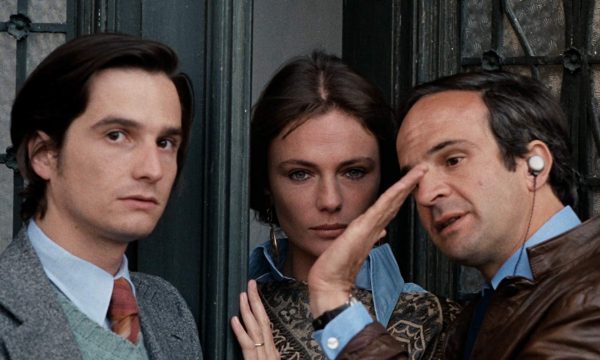
In the politics-heavy 1970s, one of the most influential and best-known filmmakers of France’s New Wave (400 Blows, The Last Metro) looked inward, letting his audience into the pleasures, anxieties, and romances that take place during a film shoot. While it seems that everything that can go wrong, does, Day For Night reveals the miracle of brief moments, from a cat drinking from a saucer of milk, to the golden hour before sunset, that make movies an ineffable pleasure.
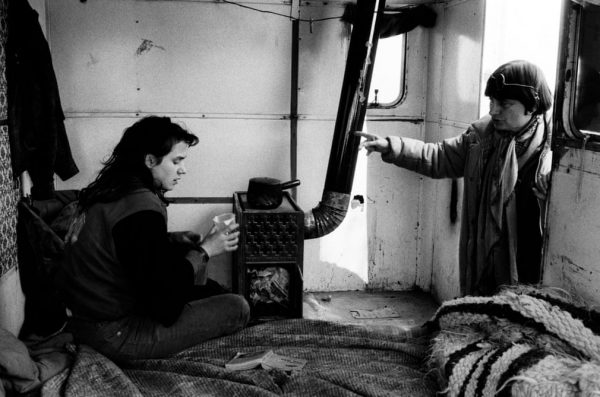
The rise of women directors in France has opened up a whole new world of ideas, passions, and understanding to the art of film. Now 90, Agnes Varda (The Gleaners and I) is one of the best. Sandrine Bonnaire is poignant as a young woman who leaves an office job in Paris behind to roam a countryside which is beautiful and full of fellow travelers, but leaves her vulnerable, on the fringes of society.
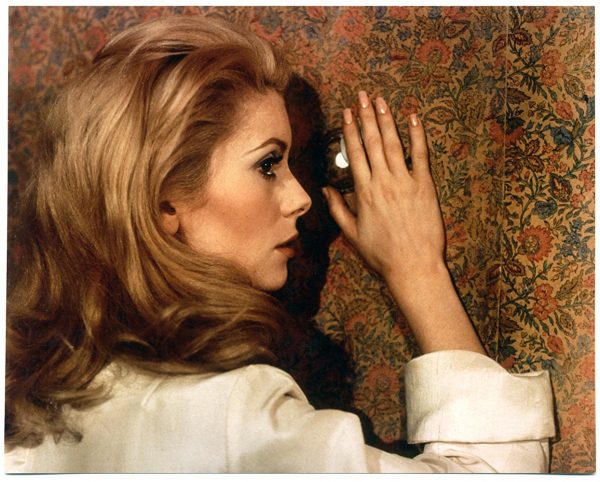
French films – at least compared to American and British movies – have a matter-of-fact sensuality and openness to the varieties of sexual experience. Having said that, the great surrealist director Luis Buñuel ups the ante with an unforgettable movie with Catherine Deneuve starring as a wealthy member of the bourgeoisie who find satisfaction working as a call girl while her husband is at work.
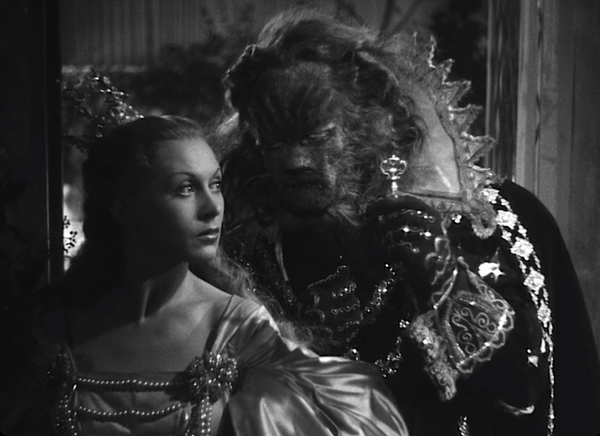
Long before Disney’s animated tea sets, poet and filmmaker Jean Cocteau adapted a 1757 fairytale into a dream-inducing, beautiful fantasy for all ages (who can read subtitles). Josette Day is the village girl who lives with the misunderstood Beast to save her father – and ease the loneliness of a villager (Jean Marais) trapped in a spell.
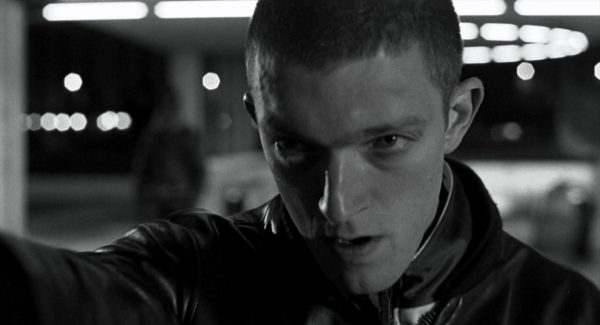
La Haine not only brought actor Vincent Cassel to the world’s attention, it also woke audiences with its portrayal of what it mean to be of Arab or African descent in France: ignored, stereotyped, unemployed, and harassed by the police. The drama takes place in a banlieue (suburb) outside of Paris, as three young men deal with the aftermath of a riot.
Join us for the exciting finale of Vive le cinema! With a wine and hors díoerves reception at 7 pm, and the chance to meet up and coming French director Camille Lugan,